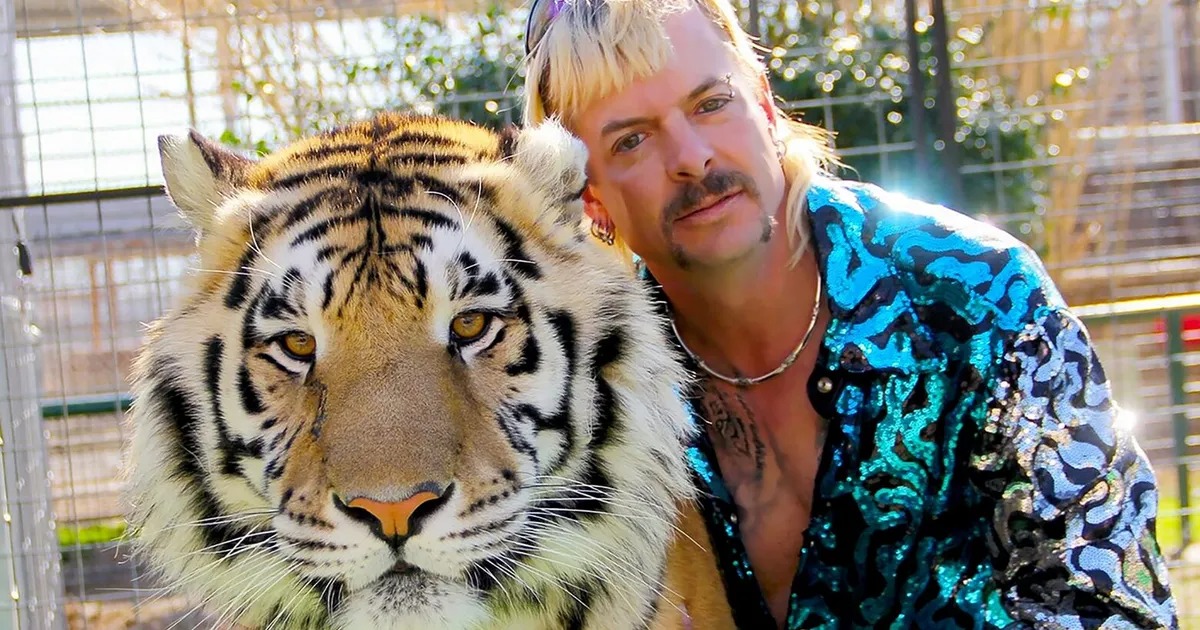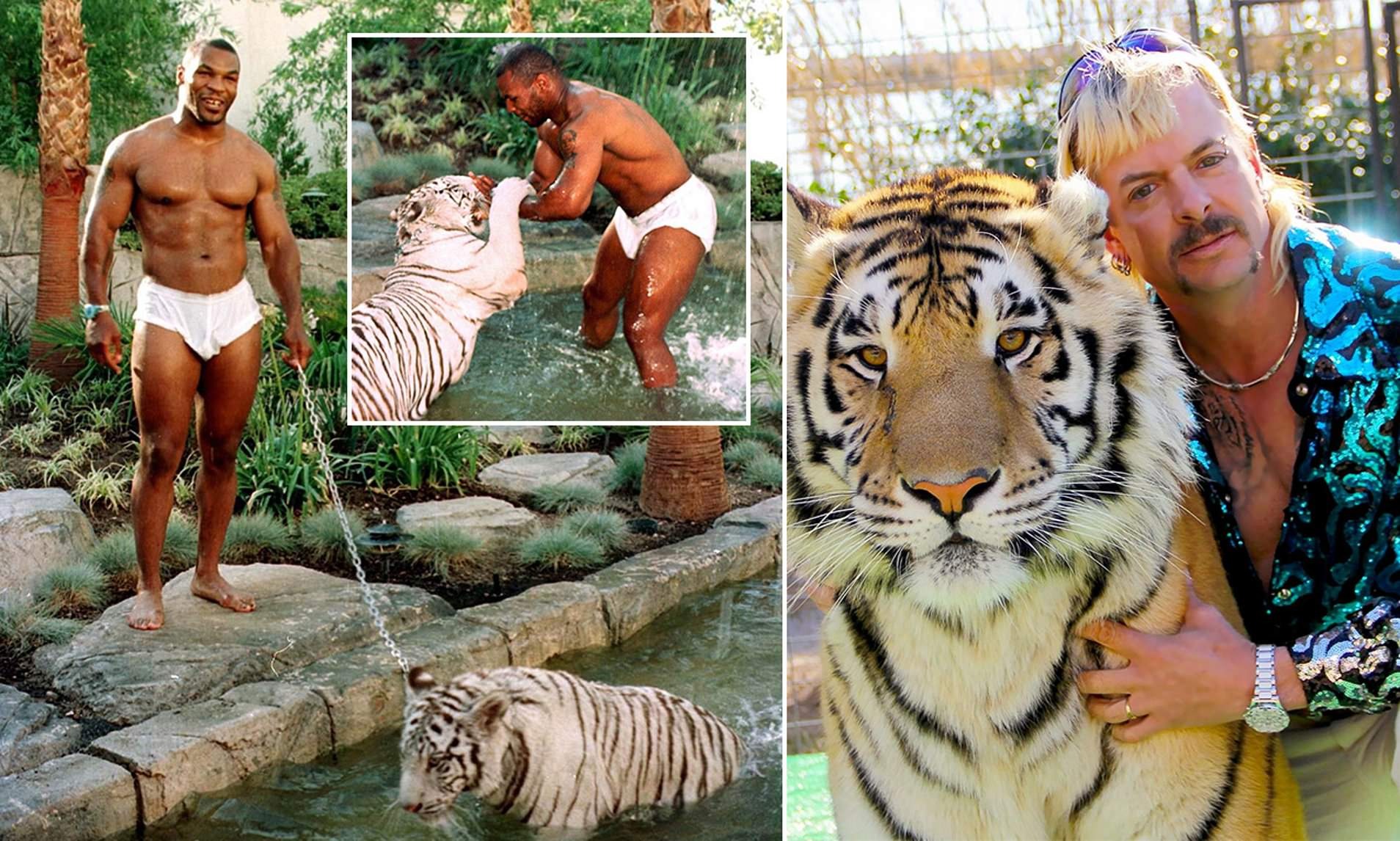In the Yukon, current and future regulations under the Wildlife Act maintain a firm stance on the ownership of wild animals, explicitly including tigers among those prohibited.
The Yukon Environment department’s communications analyst, Linea Volkering, clarified the act’s scope, emphasizing the regulation of animals inherently wild by nature, a category surprisingly applicable to common pet store animals like canaries, hamsters, and gerbils due to their wild origins.
The forthcoming legislation aims to refine these grey areas by clearly delineating species into allowed, restricted, or prohibited categories.

Legal Ownership of Tiger (Credits: The Seattle Times)
The Yukon government has released a summary of the final input phase on proposed regulations under the new Animal Protection and Control Act, aiming to enhance animal welfare and management across pets, working animals, and livestock.
This act, endorsed by Liberal and NDP MLAs in November 2022, seeks to replace outdated laws, addressing gaps in exotic species ownership, animal business regulations, and managing high-risk or feral animals.
Public feedback gathered through extensive consultations and summarized in a recent “what we heard” report, has influenced the drafting of these regulations.
Yukoners preferred a collaborative, educational approach to animal welfare, emphasizing the importance of non-prescriptive regulations that allow for case-by-case evaluations and encourage compliance over punitive measures.
Key points from the consultations include a consensus on prohibiting exotic animals posing risks to local wildlife or public health and restricting or banning species that cannot receive appropriate medical care in the Yukon.
There was significant concern over the ownership of Eurasian boar, with many stakeholders advocating for its ban due to concerns about environmental damage.
The report also touched on cosmetic surgeries for animals, suggesting a ban on practices like de-clawing, ear-cropping, and de-barking.
While specific standards of care for sled dogs were deemed unnecessary, the feedback underscored the need for a livestock advisory committee and clear definitions for cultural, traditional, and religious practices related to animal treatment.
This comprehensive engagement process reflects the Yukon government’s commitment to fostering a safe and respectful environment for all animals while accommodating the unique needs and concerns of the territory’s residents and wildlife.
























